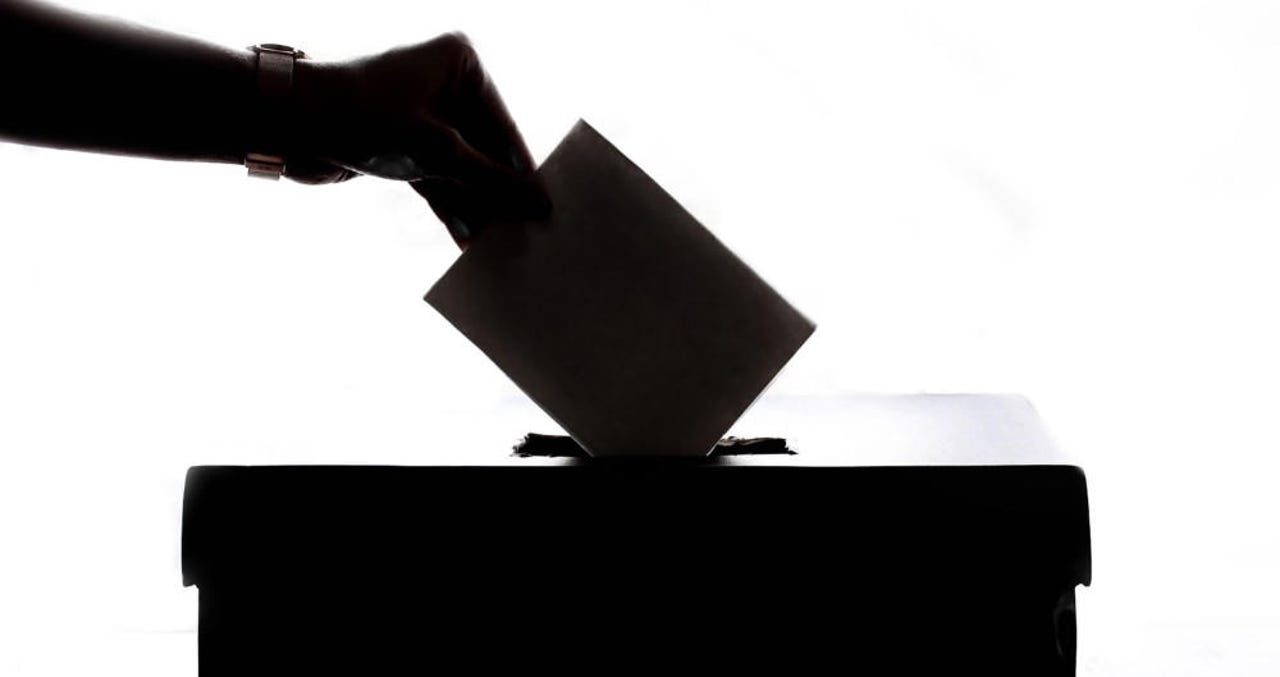US government warns foreign actors with sharp consequences if they meddle in Super Tuesday


Eight US government agencies have published a joint statement today warning foreign actors with "sharp consequences" if they attempt to influence public sentiment and shape voter perceptions ahead of tomorrow's Super Tuesday presidential primary.
The joint statement was signed by the heads of all the major US government agencies involved in securing the electoral process, such as the Department of State (DOS), the Department of Justice (DOJ), the Department of Defense (DOD), the Department of Homeland Security (DHS), the Office of the Director of National Intelligence (ODNI), the Federal Bureau of Investigation (FBI), the National Security Agency (NSA), and the Cybersecurity and Infrastructure Security Agency (CISA).
The joint statement comes a day before Super Tuesday, a day when more than two million voters from 14 states will vote for the Democratic candidate who they'd want to face President Trump in the US presidential election that will take place this fall.
While the Democratic Party's presidential primary season has been underway for more than a month with elections in a few lone states, Super Tuesday marks the first time that primary elections will be held across multiple states at once.
Foreign interference at a state level is often difficult to pull off because of the small voter population that threat actors must target, but Super Tuesday is the first event in the 2020 US presidential election process with a multi-state and broad national involvement.
This marks the first real opportunity foreign actors will have in putting their stamp on the upcoming election process and the US political landscape.
While hacking an entire state's primary is most likely out of the question and an infeasible scenario, government officials have said it many times in the past that they primarily fear the psychological effects on the voter population. This includes scenarios like efforts to dissuade voters from turning up, threat actors flooding social media with incorrect voting station information, or the use of fake news outlets to contest the legitimacy of voting tallies in an election's aftermath.
Since the 2016 US presidential election where such efforts have been felt for the first time in the US, government officials said they've been working to improve the government's defenses against possible election meddling.
The eight agency heads now claim "the level of coordination and communication between the federal government and state, local and private sector partners is stronger than it's ever been," but this won't deter external threat actors from trying their luck tomorrow.
Instead, the agency heads reminded US voters that they have "a role to play too," and are now calling on Americans to prepare for the election in advance.
"We encourage all voters going to the polls to check your voter registration and know ahead of time when to vote, where to vote, what's on your ballot, and whether your state requires identification. Your state or local election official's office is the most trusted source for election material," the joint statement reads. "A well-informed and vigilant republic is the best defense against disinformation."
Tomorrow's Super Tuesday primary will include elections in Alabama, Arkansas, California, Colorado, Maine, Massachusetts, Minnesota, North Carolina, Oklahoma, Tennessee, Texas, Utah, Vermont, and Virginia.